|
The Chrysalis... I havent been blogging much on this site. In fact my last post was in January. Yet, that's not to say I haven't been writing. In fact, I'm about to finish the first draft of my 22nd book, (and that's not counting two discarded novels that made it to beta readers). I've been on submission with my awesome agent Steve Fraser for nearly two years. It isn't easy. It's a long, hard part of the publishing process that few discuss. The best analogy is a chrysalis. That's where I am now. At any moment, I will emerge with book deals and big news. While in this state, my entire career's transforming and changing into something amazing. But from the outside, it's honestly pretty boring. Still, as of last week, we have SIX projects on active submission! Six! That's awesome. And 11 more finished projects with Steve ready to send to publishers now, once those deals roll in. So, what are those six? Let's peek behind the curtain. Some of these have been shared before but some are newly sent. By age the six are: 1. SAM AND THE OGRE - a picture book - A dragon chef cooks weather, but cant make an ogre happy until he offers friendship instead 2. THE SUN EXPRESS - a picture book - Two leaves find new life on a train from the sun. 3. DETAILS IN THE DARK - a picture book based on a real conversation with my son - A boy asks his father to help him not feel afraid in the dark 4. STARKEEPER - the middle grade novel first sent out and that landed Steve - An aspiring 13-yr-old poet must re-light the world’s stars after confronting the Man in the Moon. 5. THE AUTUMN TURNERS - a middle grade novel set in Starkeeper's world - Two estranged siblings discover each other and confront their parent’s killer before turning the season to Autumn. 6. THE SHADOW OF EVERDAWN - a ya/adult crossover and the starting book in a series - What good is limitless Power if you're too afraid to use it? A 17-year-old prisoner has the power to free himself and stop a conquering empire, but will lose all memories of someone he cares about. what else have I been up to? One month ago, my wife launched a brand-new store: theveganlifeshop.com/ The Vegan Life shop is an awesome new store dedicated to ethical, sustainable, vegan goods including cosmetics, cleaners, housewares, and more. Sustainability is so important to the world right now, and buying sustainable, cruelty-free products can create meaningful change in the world, while also offering amazing goods. Check out the store for yourself!
and just to fill this chrysalis phase one more level, I've also been freelance writing more and more. Check out my newest piece on Insider, for instance.
1 Comment
I've been thinking a lot recently about wonder.
Wikipedia describes the emotional state as something similar to surprise and awe, when something unexpected happens that is deeply tied to joy. That is key. Wonder is a joyful, uplifting feeling. Wonder is a powerful force. I'd argue, it's one of the biggest draws to speculative fiction in the first place. From the dragons of Game of Thrones to the galaxy-altering heroes of the Avengers. It's in everything that works. The trailer for the upcoming Star Wars film spends nearly half of its time on a single wondrous jump (with Rey using Force magic to leap over a TIE-fighter, and attack mid-air). I visited Disney's Pandora area in Animal Kingdom last year, and that entire section of the park is solely devoted to the wonder felt in the move Avatar, from the landscape to the two rides, to the background music (I have a feeling wonder will play heavily into the Star Wars Disney expansion as well). No focus on the movie's tension or characters, or even anything remotely antagonistic. Simply...wonder. Wonder is essential. The examples are endless. I've been enjoying Sanderson's Stormlight Archive, and each of the three books so far ended in a moment of absolute wonder. I cheered out loud, causing my wife to turn and give me a look, when reading the climax of Oathbringer. Dorothy steps into Oz and her jaw drops, as does the readers. The children walk through the wardrobe into Narnia and the reader's eyes widen. Frodo gasps as he walks into Lothlorien, and the reader feels it time and again in Middle Earth. And the entire series of Harry Potter, from the moment he meets Hagrid on, is centered around that emotion more than any other. Wonder is essential in speculative fiction. But why now? Why am I thinking about wonder nonstop? Because while we, as human beings, encounter wonder many times in both fiction and our lives, I think there is only one experience that creates this experience more profoundly than any other. It's the one wondrous moment, deeper than any other, that truly changes you as a person. It's happened to me once before, and it's about to happen again. Any day now, my wife and I will welcome a child into this world. I cannot wait to have my world turned upside-down. To know that who I am will be reshaped daily by another soul, looking back at me, depending me, and changing me in ways I can't even begin to fathom at this point. This is a sense of awe and joy and deep, deep wonder at the miracle of creation. I may write about wonder and read about wonder and watch shows and movies filled with wonder. Yet, I also know that no words will ever do justice to the deeper, more powerful emotion I'm about to experience. I can't wait for this wonder-filled moment to arrive. William Shakespeare400 years ago today, William Shakespeare died. Without question, he is the most influential writer of all time in the English language. His plays are still performed today, his sonnets still considered some of the finest poetry ever written, and even the many words he invented continue to be a part of the English language, four centuries after his death. I am a huge Shakespeare fan. My particular favorites being Hamlet, Othello, King Lear, and A Midsummer Night's Dream. This past spring, I directed A Midsummer Night's Dream in our new blackbox, putting my own spin on this classic tale. When I first visited London, a friend took me to the roof of St. Paul's. We looked out over the city, and saw a massive construction project at the South Bank. We didn't know what it was, but later learned that they were building a replica of the Globe Theatre. Today, after tourning Shakespeare in 197 countries, RSC performed for President Obama at the Globe. I've been asked in several intervews if I could go back in history and meet one person, who would it be, and the answer I give is always Shakespeare. I sometimes wonder what his life and plays would be like, had he written today. Shakespeare's greatest achivement is that his plays are not lines meant to be analyzed in an English classroom, but living works, to be performed and interpreted on a stage. The Midsummer Night's Dream I directed was different from the version I performed in, or the productions I've seen. Each play takes an unique flavor, even if every word is kept the same, in the hands of a different director, designer and production team. The plays have a life of their own, and subsequently an immortality the rest of us writers shall likely never know.
What is your favorite Shakespeare play or sonnet? Leave a comment below and share! Fantasy writing is supposed to involve creating wonderful new ideas, taking dreams that defy description and bringing them to life. There are no real rules in fantasy: if the author can dream it, they can write about it. Why then, is the predominant mystical creature found in so many fantasy stories, including mine, a creature that's not new at all? Why do writers and readers continue to flock to dragons? What is it about these creatures that has inspired mankind for thousands of years? The most common answer given, is that there once were giant winged creatures with razor-sharp teeth. Dinosaur bones littered the continents long before man learned to walk upright. Imagining early man encountering a dinosaur bone, or even a whale bone washed ashore, and it's easy to envision tales of great monsters. Dinosaur skeletons likely inspired stories of both fear and awe. David E Jones, in his book An Instinct for Dragons, actually claims that dragons are an amalgam of genetically inherited fears of predators, which early cultures mophed into a single, terrifying beast. Dragons exist in the early mythologies of nearly every ancient civilization, from Ancient South America to Ancient Babylon. They are part of a shared human evolutionary pattern, and now part of our shared fanasy enjoyment as well. Many of the most popular fantasy epics, including the Hobbit, the Dragonriders of Pern, Game of Thrones, Inheritence, the Wheel of Time, Harry Potter, and the Narnia books, all use the idea of dragons. My spin on Dragons was to create a species that was the orignal reapers of souls. In my mind, no species fits better than the ancient idea of Dragons. And yet, Dragons are not villains in my novels. Dragons, as will be discovered in book three, are just as complex as humans, with their own quarrels and issues.
Perhaps dragons are so popular in fantasy because they conjur up the same feelings of terror and awe our ancestors once felt. Perhaps they tie the reader to the distant past in a more concrete way than any other imagined creature could. And let's face it, in the end, dragons are cool. 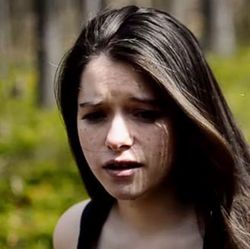 Susan Sarnio, the main protagonist in The Scythe Wielder's Secret, is 13 years old at the start of the trilogy. While favorable reviews continue to pour in, one of the largest comments received repeatedly on the series is that Susan is too mature, and that she acts older than a typical 13-year-old. The book tackles issues of sexism, and yet is sexism appearing now in the bias of some readers and reviewers? Girl hero vs Boy hero?The novels have been compared most frequently, by far, to the Harry Potter books. I wrote School of Deaths while studying at Oxford, the inspiration for (and filming location for) Hogwarts. There are a number of admitted similarities about Susan's situation to Harry's, since they both follow the same general archetype, which is the fish-out-of-water character (think Alice arriving in Wonderland) brought from our world, and enrolled in a fantasy school. Both characters make friends, and overcome bullying and other obstacles to succeed in their schools. Harry Potter, at the beginning of his series, turns 11 years old. Percy Jackson, in The Lightning Thief, is 12. Ender, in Ender's Game, is actually 6 years old! All act mature, and attack their situations much as any young adult would do, and yet I've never seen those series critized for starting their characters too young. Is it possible that as a culture, we're fine with young boys taking leadership roles, but expect our young women to be older before they act mature? Katniss is 16 in The Hunger Games, Tris is 16 in Divergent, and Bella is 17 in Twilight. Celaena in the Throne of Glass books is 18. Why are so few female heroes in genre novels younger? Most Girls Actually Mature Before BoysAs a teacher, especially when I taught in middle school, several trends were readily apparent. Despite the overwhelming push in fiction to show older girls and younger boys, in reality, girls tend to mature first. An article in Psychology Today concluded that brain connections actually optimize and develop more quickly in most girls than in boys. Scientists at Newcastle University published a similar study, citing that girls' brains begin to mature at age ten, while many male brains do not finish development until age 20. In her youtube review, Sasha Alsberg of A Book Utopia said "I know when I was 13, all I cared about was boys and doing my makeup," and she said it was not realistic for a girl Susan's age to act so mature. However, countless examples in the real world have shown us women can be true leaders at that age or younger. Malala Yousafzai is the youngest Nobel Peace Price winner, and a true hero and leader. She started blogging against sexism and oppression when she was 11, and had a documentary about her life filmed when she was only 13. Of course Malala is an example of someone who has gone above and beyond normal behavior. There are everyday young women whose actions prove that girls can be leaders. This past February, the Today Show interviewed Rowan Hansen, pictured above, age 11. (Click the image for the full interview/video/article). Hansen gained national attention when she wrote to DC Comics, demanding more female superheroes. My favorite quote from her is the following: "If Batman gets to wear armor, then why doesn't Wonder Woman get to wear armor? And I know that she's kind of invulnerable, but it would still be nicer if she didn't wear a bathing suit all the time." - Rowan Hansen, 11DC Comics responded that they are working on the issue, with a Wonder Woman movie due out in 2017, and the now popular new TV show Supergirl. And yet, even these efforts still only focus on older female heroes. Supergirl is 24. She's a hero, but she's still in a skirt. Most female superheroes wear revealing outfits that are often fairly impractical to fighting crime. Isn't it time for an actual female hero who's only 13? Wouldn't it be great to have a female hero who fights sexism instead of embodying continued gender perceptions? Why are the real-life heroes like Malala and Rowan younger than their fictional counterparts? I make no apologies for Suzie's age in The Scythe Wielder's Secret, and hope instead that this starts a new trend. I know I'd love to see younger heroes who are also great female role models.
For four years, I have blogged actively at The Poet's Fire. My blog was originally was created to keep my family and friends in the USA updated while I studied abroad at Oxford. During my time in England I became inspired to write School of Deaths, and my career as a writer began. The blog morphed from a travel blog to a blend of inspiration, advice, and personal posts. Now, as I move into a deeper phase of my writing, I am consolidating the blog to this, my author site.
Feel free to visit The Poet's Fire at its original site for all posts before December 20, 2015. |
Archives
April 2024
Older postsCategories
All
|
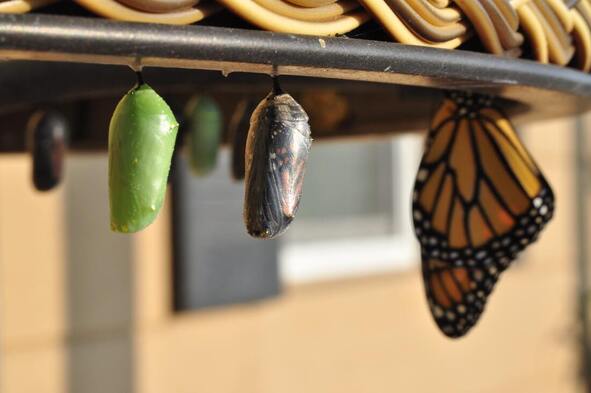


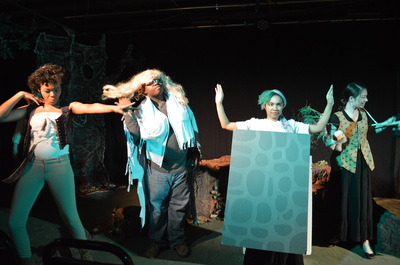
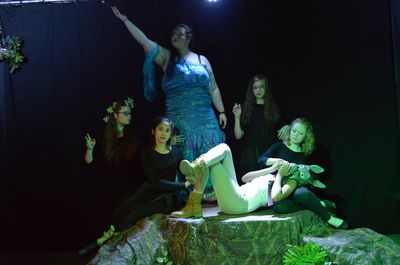
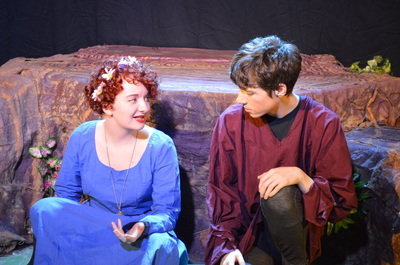
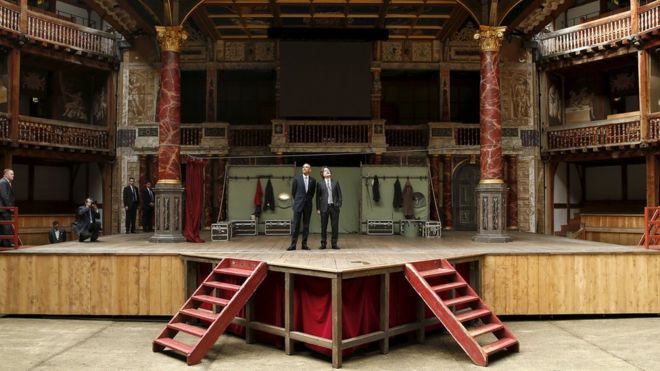
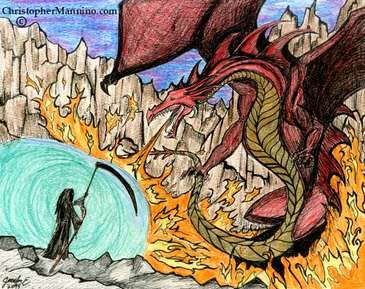
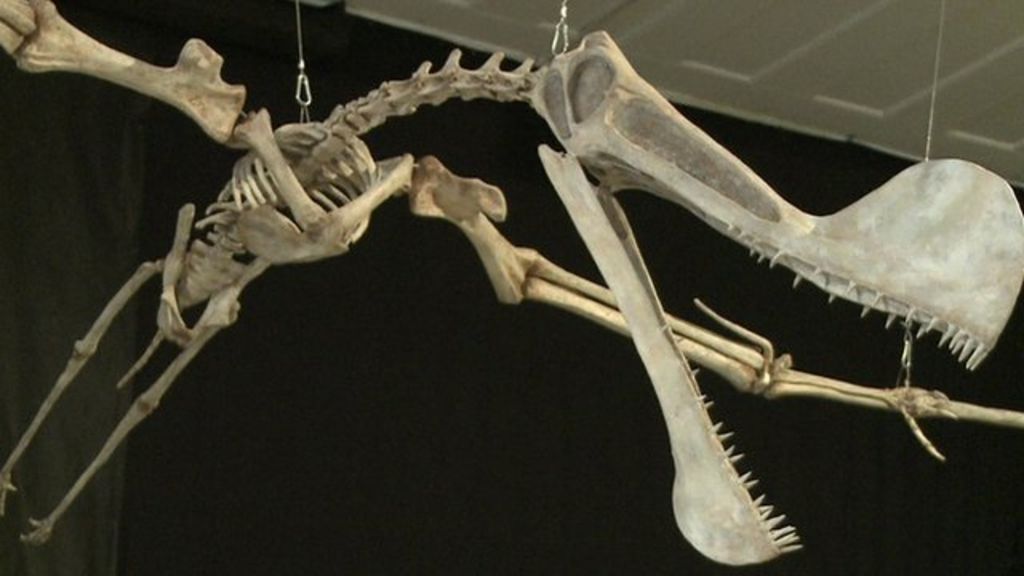
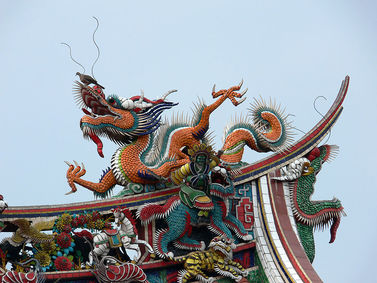
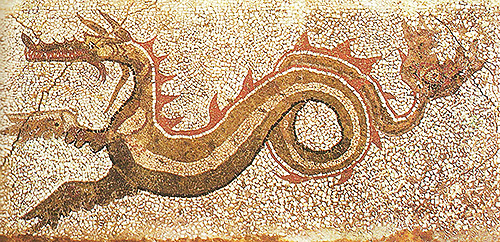
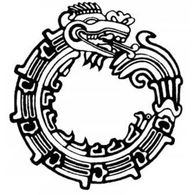
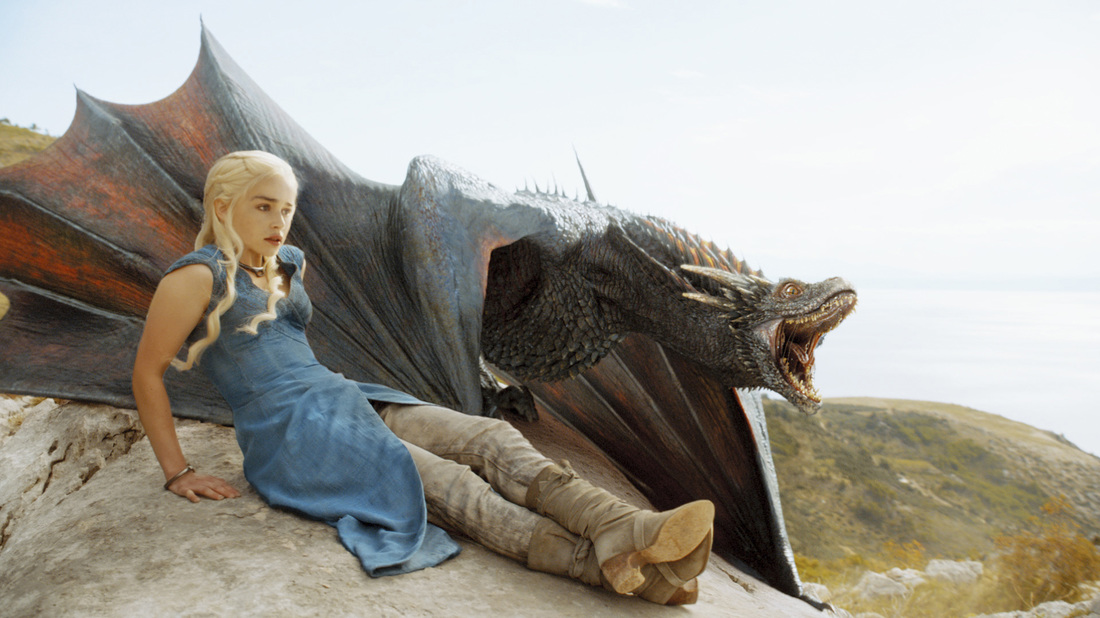


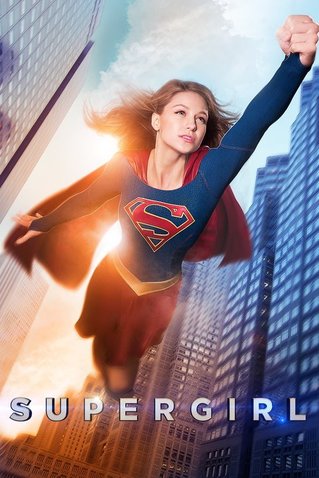
 RSS Feed
RSS Feed